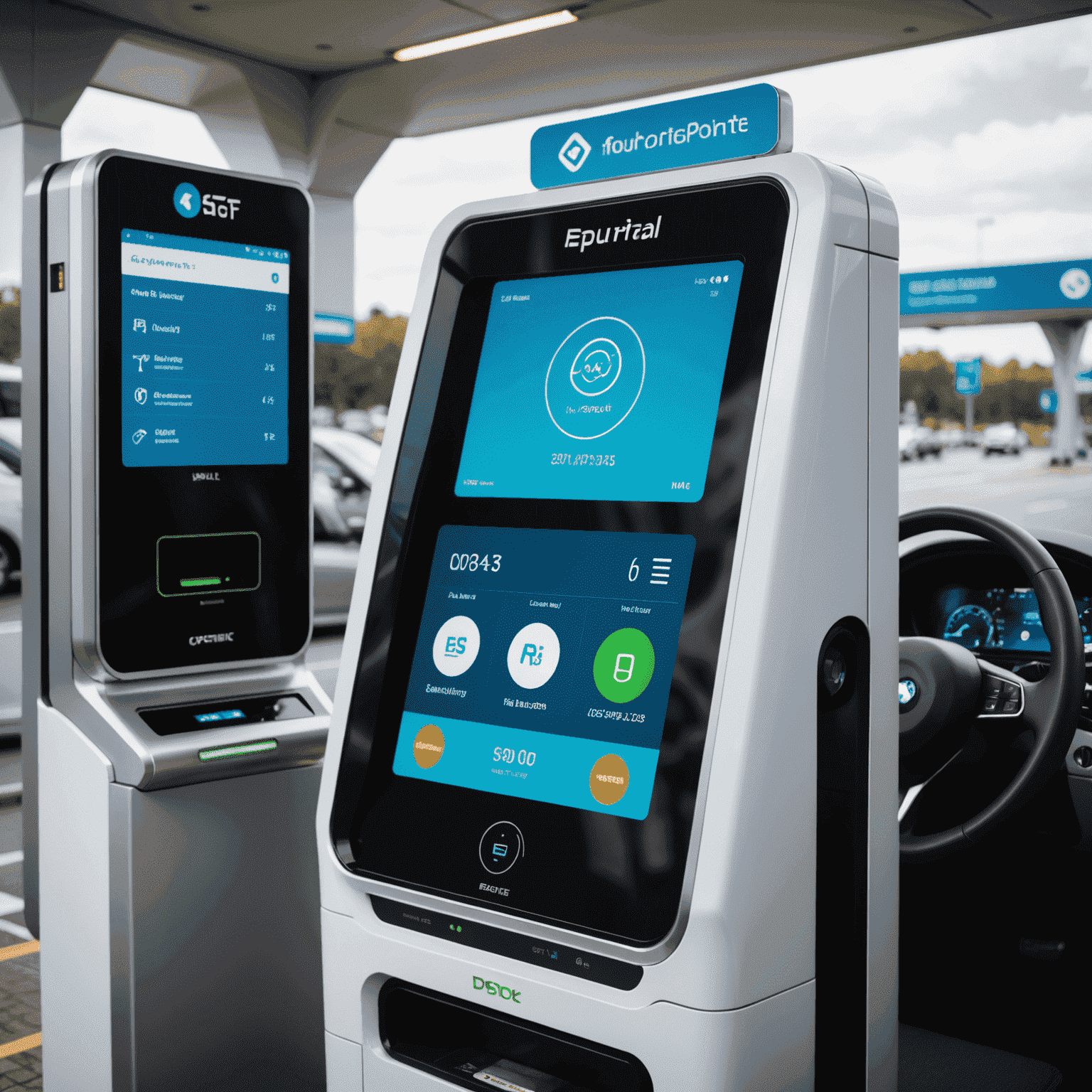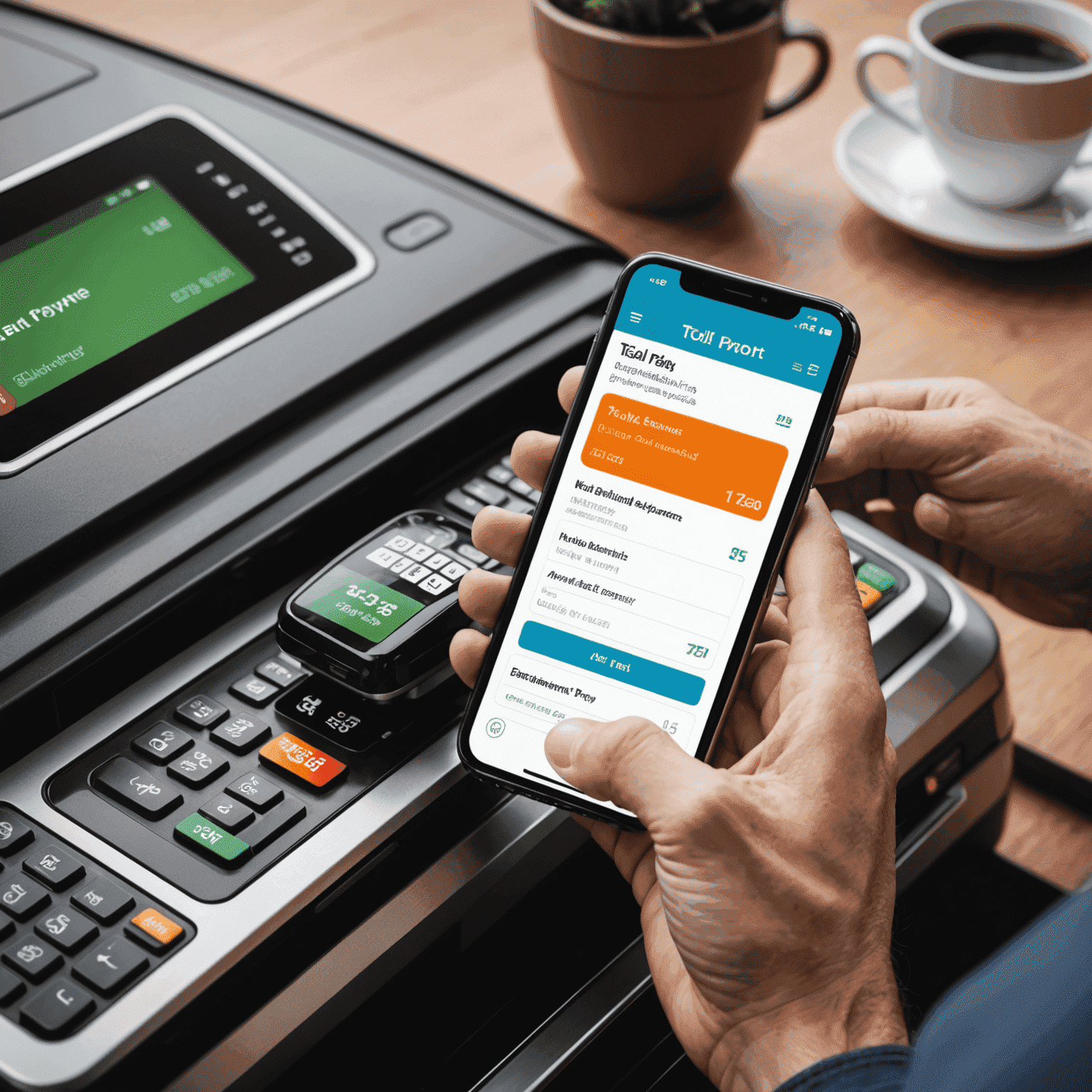Toll Payment Technology Advancements

The world of toll payment systems is rapidly evolving, bringing new technologies and innovations that promise to transform the way drivers interact with toll roads. These advancements aim to enhance user experience, increase efficiency, and provide seamless integration with modern vehicles and mobile devices.
Contactless Payments: The New Standard
One of the most significant advancements in toll payment technology is the widespread adoption of contactless payment systems. These systems allow drivers to pass through toll gates without stopping, using RFID tags or smartphone apps to automatically deduct fees from their accounts. This technology not only saves time but also reduces traffic congestion at toll plazas.
Mobile Apps: Convenience at Your Fingertips
Mobile applications have become an integral part of modern toll payment systems. These apps allow users to easily top up their accounts, view transaction history, and receive real-time notifications about their balance. Some advanced apps even offer route planning features that calculate toll costs for different routes, helping drivers make informed decisions about their travel.

Vehicle Integration: Seamless Connectivity
As vehicles become increasingly connected, toll payment systems are being integrated directly into car infotainment systems. This integration allows for automatic toll payments without the need for separate transponders or tags. Drivers can simply link their toll account to their vehicle, and payments are processed automatically as they pass through toll gates.
Artificial Intelligence and Machine Learning
AI and machine learning are being employed to improve the accuracy and efficiency of toll collection systems. These technologies can help in identifying vehicles, detecting fraud, and optimizing pricing based on traffic patterns and demand. AI-powered systems can also provide personalized recommendations to users, such as suggesting the most cost-effective routes or optimal times to travel.
Blockchain for Secure Transactions
Some toll authorities are exploring the use of blockchain technology to enhance the security and transparency of toll transactions. Blockchain can provide an immutable record of all toll payments, reducing the risk of fraud and disputes. It also has the potential to facilitate interoperability between different toll systems, making it easier for drivers to use toll roads across various regions or countries.

The Future of Toll Payments
As these technologies continue to evolve, we can expect to see even more innovative solutions in the future. From biometric authentication for toll payments to integration with autonomous vehicles, the possibilities are endless. These advancements will not only improve the user experience but also contribute to more efficient traffic management and reduced environmental impact.
The future of toll payment technology is bright, promising a world where recharging your toll account and paying for road usage is as simple and seamless as possible. As these innovations continue to roll out, drivers can look forward to a more convenient, efficient, and user-friendly toll road experience.